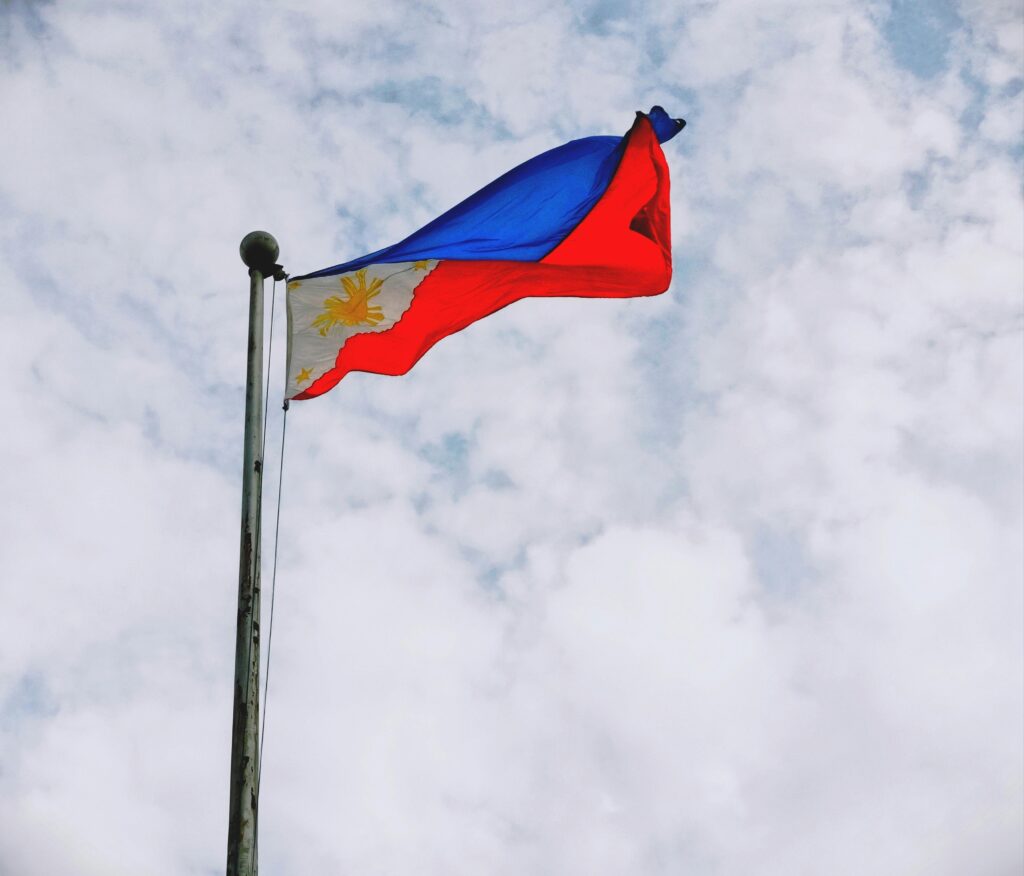
Unspoken Struggles: The Mental Health Needs of Filipino Americans
October is Filipino American Heritage Month.
Filipino Americans make up one of the largest Asian American groups in the United States, with over 4.1 million people calling this country home (Pew Research Center, 2024).
However, despite their long history in this country–dating back to October 18, 1587, when the first Filipinos arrived (Trinidad, 2012) –their unique stories and struggles often go unheard.
Every October, Filipino American History Month honors these rich contributions and legacies. But it’s also a chance to reflect on the challenges the community faces today, including a topic that too often remains in the shadows: mental health.
In this article, we’ll explore what researchers have uncovered about the mental health needs of Filipino Americans to help us why increasing awareness and support matters now more than ever.
The Struggles of Filipino Americans
Filipino Americans have been part of U.S. history for centuries. Several research studies have uncovered some important insights about mental health. Here are some key findings that we want to highlight:
Key Findings
One study found that older Filipino Americans were more likely than non-Hispanic Whites to experience symptoms of psychological distress (Sorkin et al., 2011).
Those findings align with another study showed that about one in three Filipino American adults reported symptoms of depression (Kim et al., 2015).
Furthermore, despite these high numbers, older Filipino Americans were actually less likely to seek professional help for their mental health (Sorkin et al., 2011).
This gap between distress and seeking help suggests that certain aspects of the Filipino American experience may put the community at higher risk for poor mental health outcomes.
During Filipino American History Month, it’s important to raise awareness about the factors that contribute to these statistics.
Stressors
Here are some of the findings from research studies that give us more context about the specific stressors and barriers that Filipino Americans face.
One recent study found that Filipino Americans commonly report work, school, and money as major sources of stress (Serafica et al., 2023).
Work stress, in particular, is often heightened by the pressure to go above and beyond. While that willingness to work hard is a trait that Filipino Americans are often praised for, it can also make them more vulnerable to chronic exploitation (Sabado-Liwag et al., 2022).
This finding shows how a cultural strength can become a double-edged sword, helping people succeed but also putting their well-being at risk.
Barriers
In terms of seeking help for their mental health, there are several key factors that affect Filipino Americans (Litham & Chan, 2022).
One major barrier for Filipino Americans seeking mental health treatment is stigma. Litham and Chan share how several study participants expressed their worries about their family shaming them for seeking treatment (2022).
In addition to stigma, participants also shared that the cultural values of resilience made them less likely to seek help. Specifically, two participants spoke about how Filipino culture encourages them to persevere through struggles rather than trying to seek help for them.
These findings highlight how cultural strengths, like resilience and family pride, can sometimes make it harder to access mental health care. The challenge is finding a balance: keeping these strengths while also reducing stigma and making space for help-seeking.
Why this all matters.
As we celebrate Filipino American History Month, it’s a time not only to honor the community’s history and contributions, but also to confront the challenges that often go unseen.
The research shows a clear need for more awareness, culturally sensitive care, and open conversations about mental health in Filipino American families.
By addressing stigma and recognizing the double-edged nature of traits like resilience and hard work, we can help ensure that cultural strengths support Filipino Americans well-being.
Progress begins when we acknowledge both the struggles and the strengths of the community, and when seeking help is seen not as weakness, but as another form of resilience.
References
Kim, H. J., Park, E., Storr, C. L., Tran, K., & Juon, H. (2015). Depression among Asian-American adults in the community: Systematic review and meta-analysis. PLOS ONE, 10(6), e0127760. https://journals.plos.org/plosone/article?id=10.1371/journal.pone.0127760
Litam, S. D. A., & Chan, C. D. (2022). Experiences of stress and help-seeking behaviors in Filipino Americans. International Journal for the Advancement of Counseling, 44(4), 586–603. https://doi.org/10.1007/s10447-022-09485-x
Pew Research Center (2024, August 6). Filipino-Americans: A survey data snapshot. Pew Research. https://www.pewresearch.org/race-and-ethnicity/2024/08/06/filipino-americans-a-survey-data-snapshot/
Sabado-Liwag, M. D., Manalo-Pedro, E., Taggueg, R., Jr, Bacong, A. M., Adia, A., Demanarig, D., Sumibcay, J. R., Valderama-Wallace, C., Oronce, C. I. A., Bonus, R., & Ponce, N. A. (2022). Addressing the interlocking impact of colonialism and racism on Filipinx/a/o American health inequities. Health Affairs (Project Hope), 41(2), 289–295. https://doi.org/10.1377/hlthaff.2021.01418
Serafica, R., Fudolig, M., Kawi, J., Reyes, A. T., Leyva, E. W. A., Sy, F. S., & Evangelista, L. S. (2023). Correlates of psychological distress among Filipino Americans and Filipinos living in urban areas in the United States and the Philippines. Journal of Transcultural Nursing: Official Journal of the Transcultural Nursing Society, 34(4), 256–262. https://doi.org/10.1177/10436596231159004
Sorkin, D. H., Nguyen, H., & Ngo-Metzger, Q. (2011). Assessing the mental health needs and barriers to care among a diverse sample of Asian American older adults. Journal of General Internal Medicine, 26(6), 595–602. https://doi.org/10.1007/s11606-010-1612-6
Trinidad, E. (2012, October 18). Filipino American history, 425 years and counting. PBS SoCal. https://www.pbssocal.org/socal-focus/filipino-american-history-425-years-and-counting
Leave a Reply